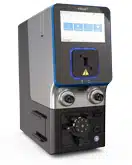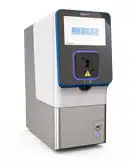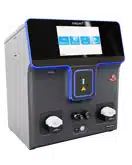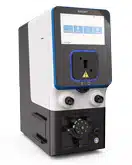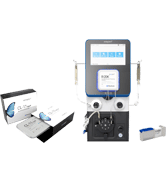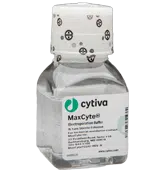
European Society for Gene and Cell Therapy
Edinburgh International Conference
Booth # 49 / 50
October 11-14, 2022
Join MaxCyte team (booth # 49 / 50) at the 29th Annual congress organized in collaboration with the British Society for Gene & Cell Therapy (BSGCT) in the fabulous city of Edinburgh.
This year’s ESGCT has invited speakers across plenary, parallel and keynote sessions will represent the leading individuals and labs active in the field today. The ESGCT Annual Congresses has become known for their cutting-edge science, up-to-date programming, student engagement activities, and their focus on enabling in-depth networking and collaborations across exhibition, fully catered opening and closing events, coffee and lunch breaks, poster sessions and the famed Molecular Mingle. In Edinburgh, this will take place at the National Museum of Scotland where the galleries will be opened for exploring and will showcase the best of local cuisine and entertainment.
Featured Event
Thursday, October 13th 1:30-2:30pm
Location: Fintry Auditorium
Presentation: A lightbulb moment for gene editing
Abstract:
CRISPR-Cas9 offers precise genome targeting and significantly reduced costs and biosafety risks compared to viral vectors for genetic engineering. CRISPR relies on donor DNA as a template for homology-directed repair (HDR) to introduce sequences of choice into the genome for cell reprogramming. Generally, single-stranded DNA (ssDNA) is more efficient, less toxic, and more specific than double-stranded DNA (dsDNA) when used as HDR template for CRISPR gene editing. However, production of long single-stranded oligodeoxynucleotides (ssODN) is difficult and costly. That is why non-viral CRISPR gene editing still largely relies on plasmid DNA as the donor for gene-length insertions, despite the high immunogenicity, low knock-in efficiencies and off-target effects associated with it. One of Touchlight’s novel platforms is megabulb DNA (mbDNA) – a closed synthetic single-stranded CRISPR HDR donor. Its elegant design combined with Touchlight’s manufacturing technology promises increased insert size and improved specificity to existing genome editing technologies. We have shown that mbDNA mediates gene-length knock-ins more efficiently than other DNA donor templates, such as ssODN and plasmid. Importantly, it exhibits extremely low primary T-cell toxicity even at high concentrations, allowing the introduction of increased template amounts to significantly improve the live knock-in cell counts produced with dsDNA donors. Moreover, mbDNA shows more consistent immunogenicity profiles and editing efficiencies across blood donors, which makes it a safer and more reliable CRISPR template of choice, particularly in autologous gene therapy. Therefore, mbDNA is addressing many of the current limitations in CRISPR gene editing and, in this way, promising to advance non-viral gene therapy.
Presenter:
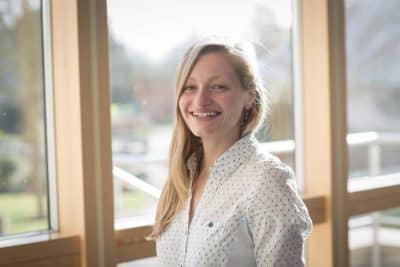
Dr. Elena Stoyanova
Elena is a Platform Engineer in the Innovations group at Touchlight Genetics, where she is working on developing and testing new technologies, with a focus on a novel homology-directed repair (HDR) template for CRISPR-based genome engineering. She joined the company in August 2020, shortly after finishing a PhD in Epigenetics and Chromatin Dynamics with Dr. Patrick Varga-Weisz at the Babraham Institute in Cambridge, UK. Her PhD work was focused on the metabolic regulation of gene expression by histone modifications in the mammalian intestinal epithelium. Elena has a BSc in Genetics from the University of York, UK.
